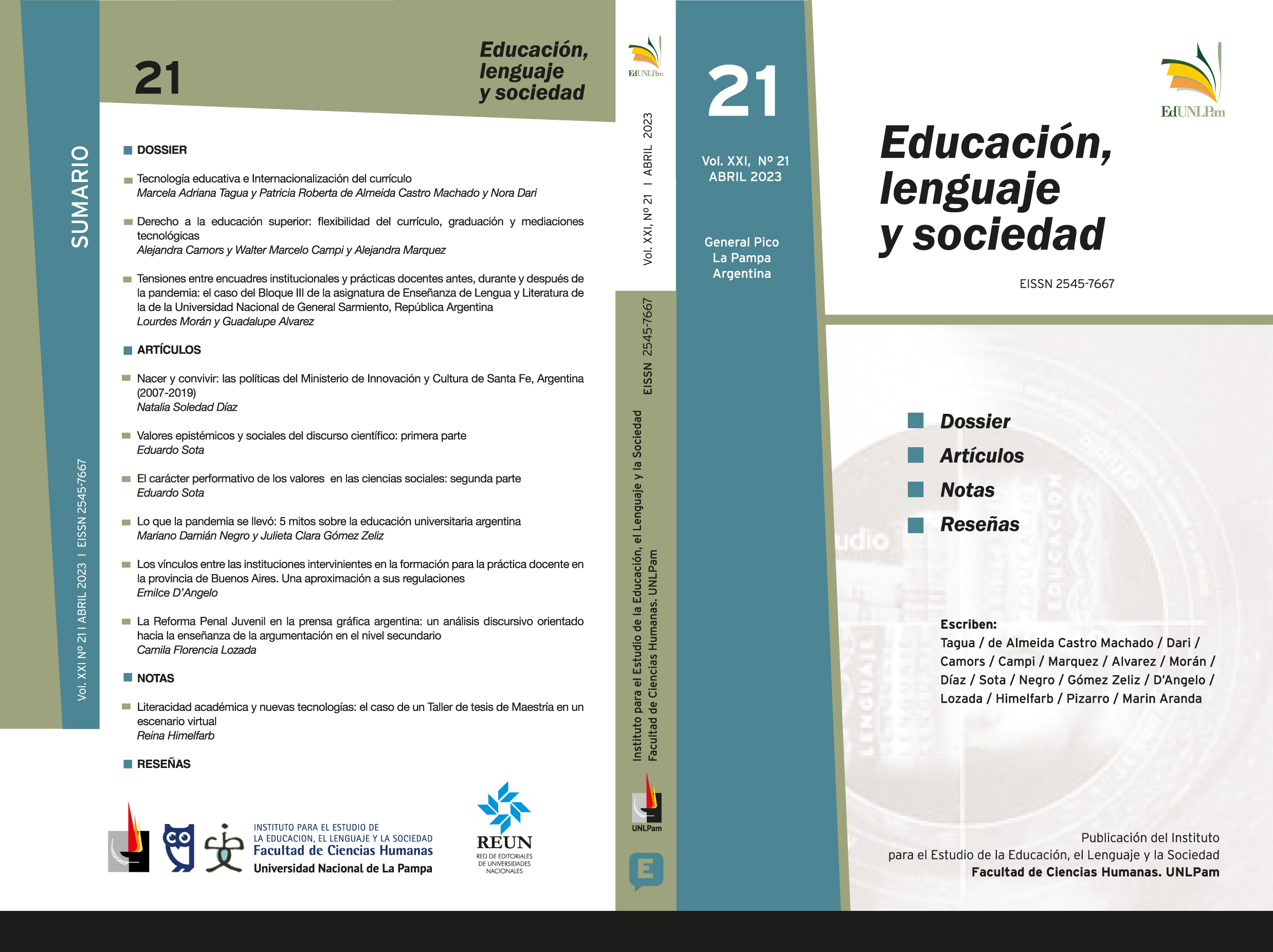Epistemic and social values of scientific discourse: part one
Keywords:
science, values, epistemic, normative, constructivismAbstract
The distinction between descriptive, evaluative and normative judgments is frequent. Traditional scientific doxa has tried to justify that only the first have cognitive content while the others distort the scientific enterprise. The uncontamination of such judgments has been the desideratum of the ideal of “value-free” science that under various strategies and concessions has maintained a robust validity. At the beginning, we will develop a more or less conventional and updated version of the ideal of “value-free” science –particularly the one expounded by Lacey– to give afterwards rise to various criticisms based on different assumptions and with different scopes. The strategy adopted will be to examine various theses provided by the same scientists and / or social epistemologists to highlight that they all agree, that is, the so-called non-epistemic values are not only legitimate but, and under a certain perspective, one could affirm that the differentiation between epistemic / non-epistemic value judgments is indistinguishable –especially, the statement made by Kitcher–. However, we will take a stronger step in this direction and argue - in the second part - that social theories also involve normative judgments, that is, the construction of the same object of study and this from certain axiological components and with (normative / prescriptive) consequences about how that subject-object should be treated.






21.png)







